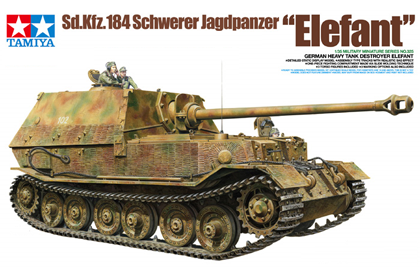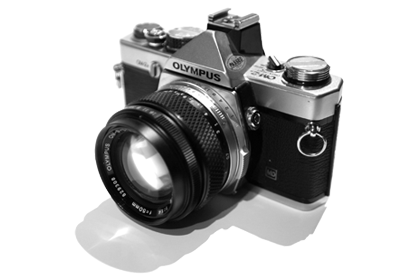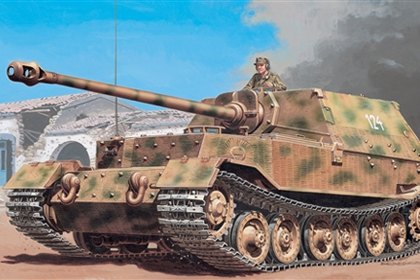This is the Tamiya 35 325-4800 kit in 1/35 scale, of the ‘German Heavy Tank Destroyer Elefant’.

History
Elefant Defense – The German heavy tank destroyer Elefant was armed with a powerful 8.8cm L/71 gun which could knock out T-34 tanks at a distance of 2,000m, protected by armor up to 200mm thick, and equipped with advanced features such as a hybrid drivetrain.
It had its roots in the Porsche-designed Ferdinand, which was first deployed into combat during the Battle of Kursk in 1943. The lessons learned from that battle resulted in modifications including the addition of a commander’s cupola, a machine gun for infantry defense, and better tracks and the enhanced vehicle received the new designation Elefant in February 1944.
Elefants were deployed to Italy and the Eastern Front, where they continued to defend against Allied forces until the final skirmishes of the war.
Manufacturer
Where I got it
- Stoppel Hobby (February 2015)


